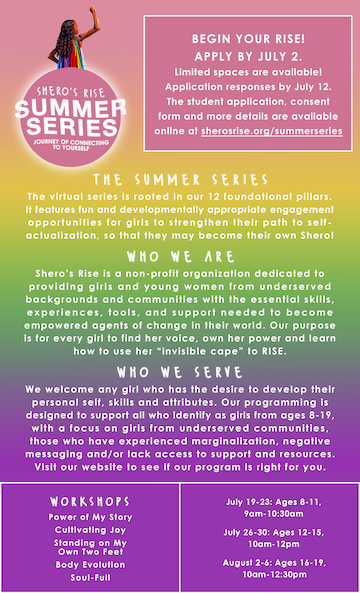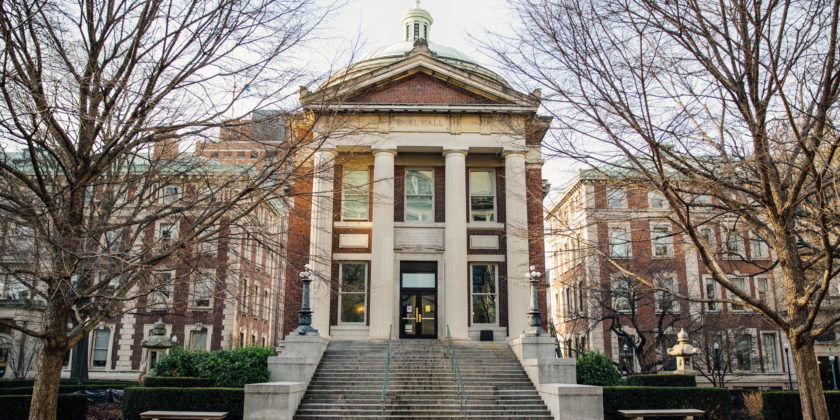Juniors: What’s Your Story?
The start of junior year is the perfect time to determine your story for applying to college. What majors are you considering? What have you done to explore those majors? Where will you add value in college both inside and outside of the classroom? Is your value add clear on your resume?
It might seem early since you won’t be submitting apps until this time next year, but those apps are much easier to write if you’ve done some work ahead of time.
Juniors, right now you can:
- Create a testing plan and learn about test-optional admissions
- Develop relationships with admissions officers and regional reps (the people who make key decisions on your application) as well as current students and faculty (we can fill you in on why these connections are so important and set you up with a peer guide)
- Open up a Common App account to get familiar with the system
- Craft a preliminary college list so you understand the many application plans colleges now use, and why this is a critical component of a smart application strategy
- Make the best of virtual campus visits
- And of course, determine your academic narrative and “story” for your apps, and learn how this plays into one of our favorite parts of the college app process: essays!
Speaking of essays now would be a great time for juniors to grab a copy of our book, The Complete College Essay Handbook!
*Stay in the know! Subscribe*










